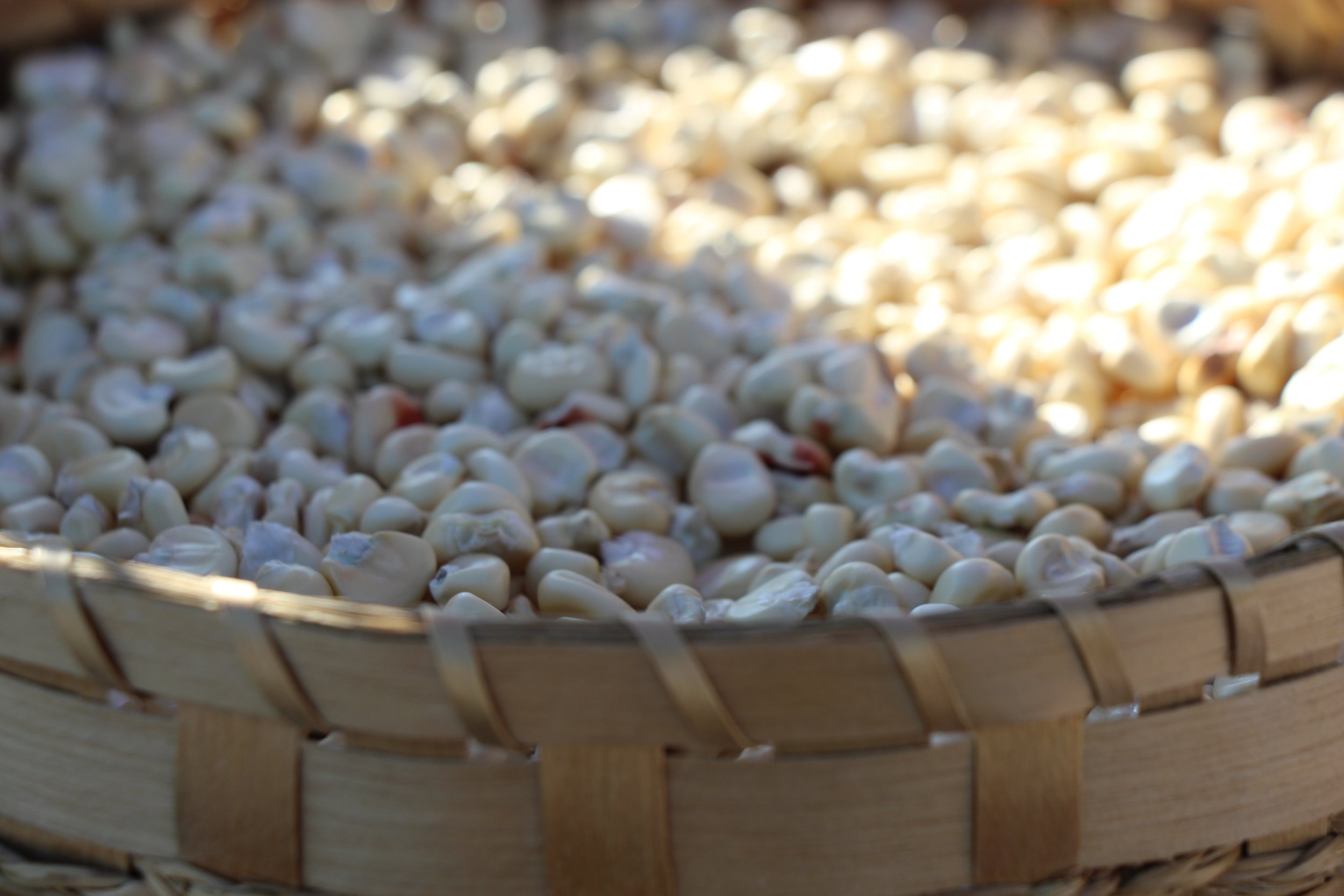
Indigenous Sustainable Food Systems
Bachelor of Arts and Science Degree
Status: In Development
This unique degree is being designed to equip students with the knowledge and skills needed to contribute to food sovereignty, community growth, economic development and ecological restoration at First Nations, Métis and Inuit communities across Canada. The degree will incorporate experiential learning on the land with teachings that revolve around the traditional Haudenosaunee* food systems cycle. This Indigenous education opportunity will provide students with the knowledge and skills needed to help communities across Canada. Seed care and seed saving, sustainable horticulture, foraging wild foods and medicines, soil health and sustainability, and traditional fishing and hunting principles will be components of the learning experience.
FNTI has built a greenhouse that has been specifically conceived to support the new stand-alone degree program. Greenhouses can be used to address critical issues affecting Indigenous communities, such as climate change, food security and relationships to environment, food and diet. Agricultural, horticultural, arboriculture crops grown in the greenhouse will help expose students to a wide variety of ideas, opportunities and tastes. This additional element of Indigenous education will begin to enhance their relationship to food, their environment and the Earth.
Are you interested? Keep informed with the most up to date information by filling out our interest form.
*Haudenosaunee is an Indigenous term for ‘People of the Longhouse’ who are known as the Iroquois Confederacy by the French, and the League of Five Nations by the English. The confederacy is properly called the Haudenosaunee Confederacy.
